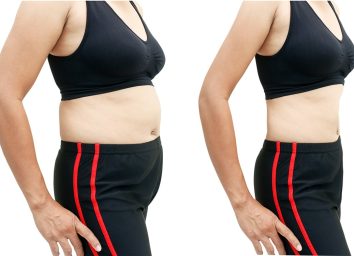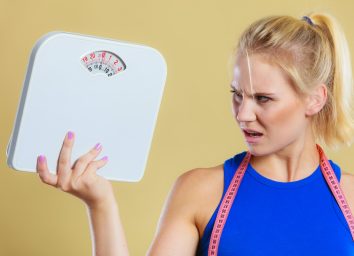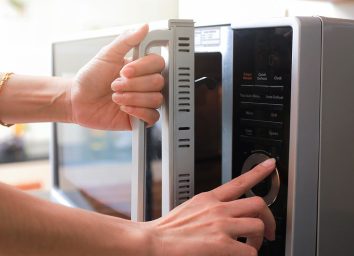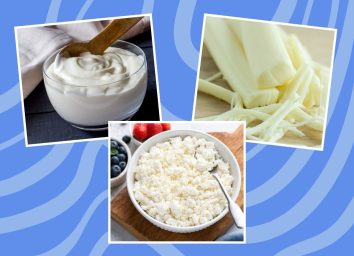Never Do This If You Want Good Sleep, Say Health Experts
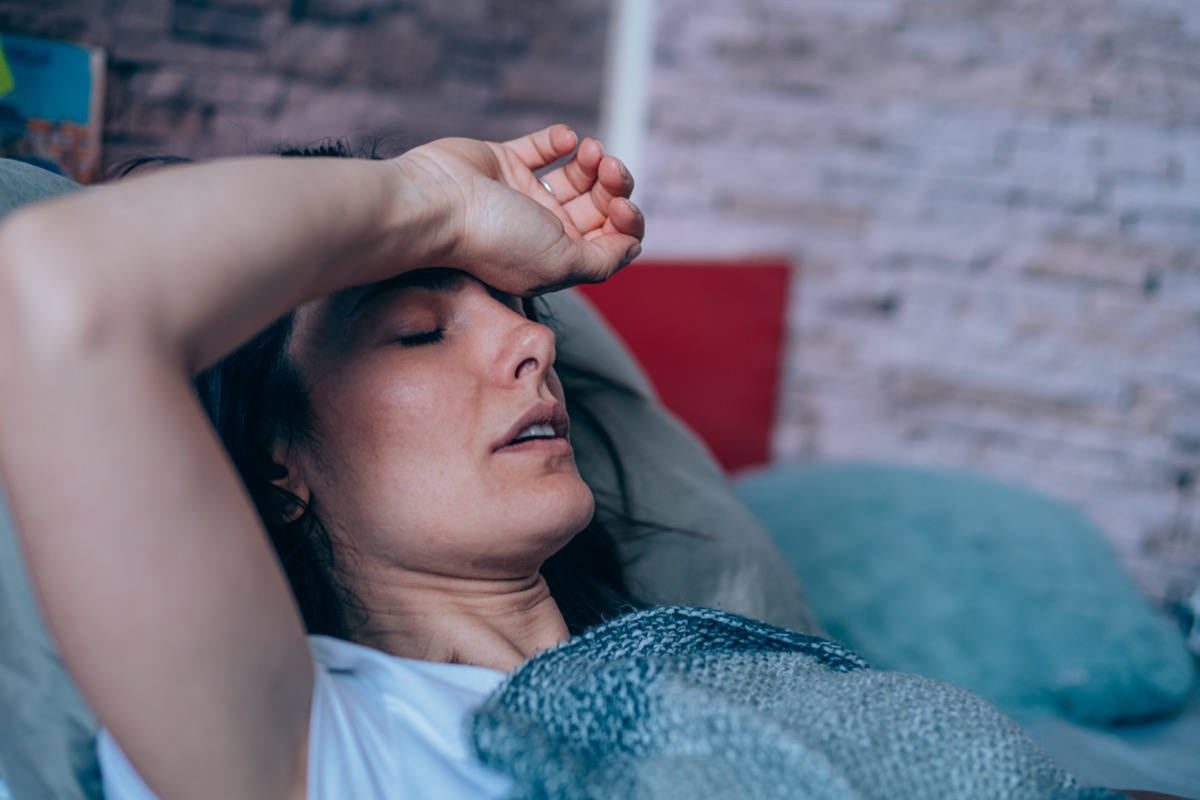
Charles A. Czeisler, Ph.D., M.D., the head of the Division of Sleep Medicine at the Brigham and Women's Hospital at Harvard Medical School and one of the world's foremost experts on sleep science, once explained in grim terms how we're living through a global sleep deprivation epidemic that the world simply hasn't woken up to.
"[It's like] we're in the 1950s with smoking," he said. But instead of cigarettes harming our health, he was referring to our smartphones, TVs, and tablets, whose shorter wavelength lights are resetting our biological clocks and pushing back our individual time zones and collective bedtimes every day—all with disastrous consequences for our sleep. (Related: The 7 Healthiest Foods to Eat Right Now.)
"When I was growing up, 2–3% of the population slept less than six hours; now it's 10 times as many," he explained. "We've increased by an order of magnitude our per capita light exposure. Take all the people who died on 9/11—twice as many die in motor vehicle crashes every year in the U.S. alone due to sleep deprivation. There are about 60,000 debilitating injuries on the highway [caused by under-slept drivers]. And we're getting more overweight because we're sleeping less. As sleep has gone down, waistlines have gone up. When you don't get enough sleep, your brain goes into starvation mode."
But keeping your phone nearby—which, according to Czeisler, will suppress the release of "sleep-promoting" neurons and the body's release of melatonin, the chemical in your body that causes you to get sleepy, while "activating arousal-promoting" neurons—is only one of literally thousands of things that may be affecting your sleep. (Note: If you are sleeping with your phone nearby, we'd advise you to move it to another room.) Alcohol and caffeine harm your sleep quality, along with anxiety and depression. If you're not exercising, it's likely that you won't sleep well, either. If you're a habitual meditator who practices upwards of 30 minutes a day, five days a week, new research indicates that you may actually be experiencing poorer sleep.
According to several studies and health experts, there's another thing you could be doing that you're not aware is hurting your sleep: You're simply eating your dinner too late. When you eat, your body's insulin response kicks into gear. If you feast too closely to your bedtime, it can prompt feelings of wakefulness and throw off your body's natural rhythm.
"When we eat late at night, the muscles that digest and metabolize our food have to keep working when they should be resting," observes Kate Watts, MS, RDN, LDN, CDE, a dietitian at Cone Health Nutrition and Diabetes Management. "This can delay your ability to fall asleep and can prevent you from getting the deep, restful stage of sleep you need to feel refreshed the next day."
According to the Mayo Clinic, you may wish to avoid eating a big feast before bed due to the potential risk of heartburn. When you lie down after eating, Scott Gabbard, M.D., a gastroenterologist at Cleveland Clinic, explained to Self, "[you] lose the effect of gravity that helps to keep the contents of the stomach down," which leads to your food and your bodily fluids to flow back up into your esophagus. When this irritation occurs, it simply makes it more difficult to sleep better.
It should be noted that snacking, however, doesn't necessarily produce the same effect. According to a study published in the Nutrients journal, there are benefits to having a light snack before bedtime. "Indeed, negative outcomes have been demonstrated in response to large mixed meals in populations that consume a majority of their daily food intake during the night," the study says. "However, data is beginning to mount to suggest that negative outcomes may not be consistent when the food choice is small, nutrient-dense, low energy foods and/or single macronutrients rather than large mixed-meals."
The researchers note that 150-calorie, "protein-rich" smoothies are effective at improving "overnight muscle protein synthesis, morning metabolism, and satiety" in healthy men. So if you don't want to go to bed with an empty stomach, keep a nutrient-rich, protein snack handy.
If you're having difficulty sleeping these days, make sure you're up to speed on the 17 Foods That Are All But Guaranteed to Wreck Your Sleep, Say Health Experts. And don't forget to sign up for our newsletter to get the latest wellness news delivered straight to your inbox.
